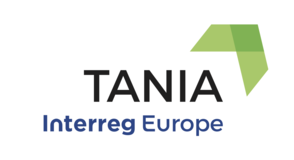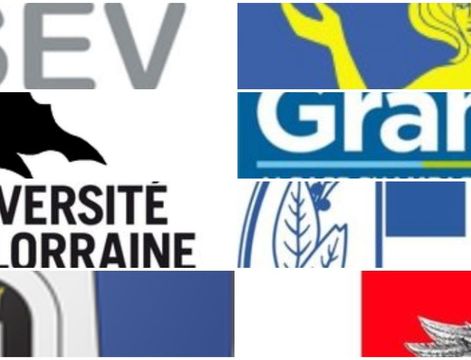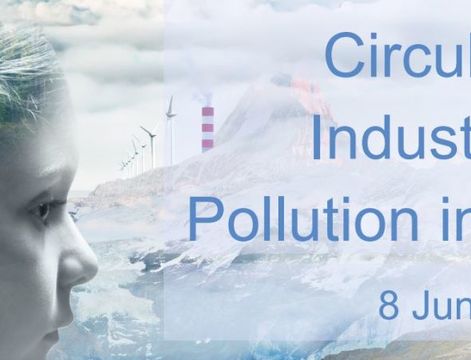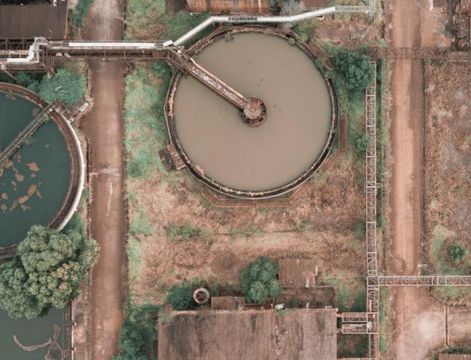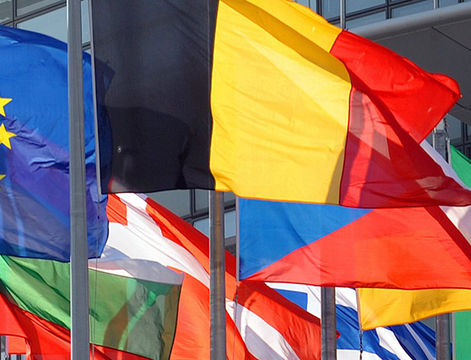Taking part in the fifth Interreg Europe call ("Call for additional activities") gave the partners of TANIA the possibility of deepening the environmental remediation issues with those related to the current global pandemic emergency, in fact making the project even more contemporary.
Starting from this approach, TANIA developed its work by focusing on the relationship between the SARS-CoV-2 virus (COVID-19) in the soil and the relationship between new remediation techniques and the virus. Two approaches were explored:
- What is the fate of the virus in anthropized soils
- The impact of the treatment of contaminated soils on the fate of viruses
The work of the partnership, therefore, came to an end in October 2022 when the document 'Fate of SARS-CoV-2 in urban soils - consequences for public policies' was finalized: a scientific, but also policy-oriented document, which undoubtedly represents the achievement of the goals set in the project's annual additional activities.
The aim of this report was not to produce a comprehensive review of the literature on the fate of SARS-CoV-2 in soils but to shed light on the main processes controlling the fate of the virus in urban soils, to contribute to the understanding of the whole phenomenon and to provide information on risk assessment and, consequently, to propose practical recommendations for public policies for the appropriate management of urban soils in the context of a pandemic or, more generally, to reduce the risks of contamination of citizens by pathogens from urban soils.
The report is organised into three parts:
- literature review on SARS-CoV-2 behaviour and fate in urban soils,
- recommendations for research actions, and
- recommendations to policymakers to minimise the risk of virus spread from urban soils.
The report can be found at the following link.
